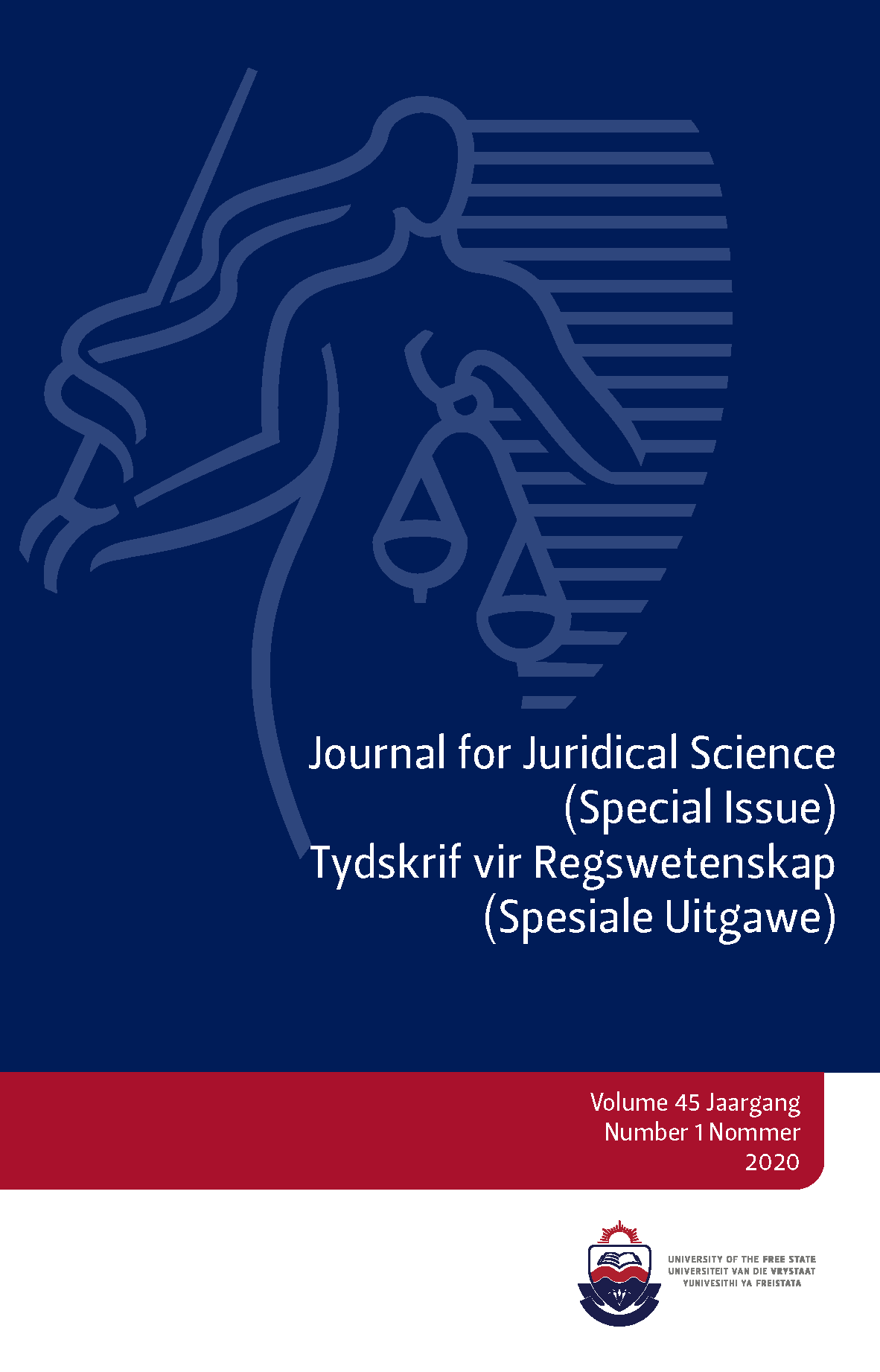African renaissance: Effects of colonialism on Africa's natural resources and the right to development
DOI:
https://doi.org/10.18820/24150517/JJS45.i1.1Abstract
Colonialism began in Africa in the 14th century, with the primary objective of accumulating wealth at the expense of African peoples. To achieve this purpose, some European nations obliterated African autonomy by creating colonial territories, in order to harness Africa’s natural resources without constraint to expand their economic systems. In retrospect, recognising the impact of colonialism, it is unquestionable that, while Africa significantly contributed to the development of the world, its peoples were disproportionately dispossessed of their natural resources and their livelihood endangered. In the face of these historic injustices, as Africa looks to creating her own development, the departure point would be to correct the current inconsistency of being rich in natural resources, yet poor and underdeveloped. The right to self-determination entails for Africans to have control over, and exercise the right to permanent sovereignty over natural resources, with the purpose of achieving continental development. Reflecting on the ethos of African renaissance and pan-Africanism, which are anchored on the need for “collective self-reliance”, the African Union adopted Agenda 2063 in 2015 as a continental roadmap to structural transformation, inclusive growth, and sustainable development. This paper argues that to fulfil the aspirations contained in Agenda 2063 requires prioritising the right to permanent sovereignty over natural resources. In this regard, it advances the argument for resource nationalism as a means to achieve the right to development in Africa.




